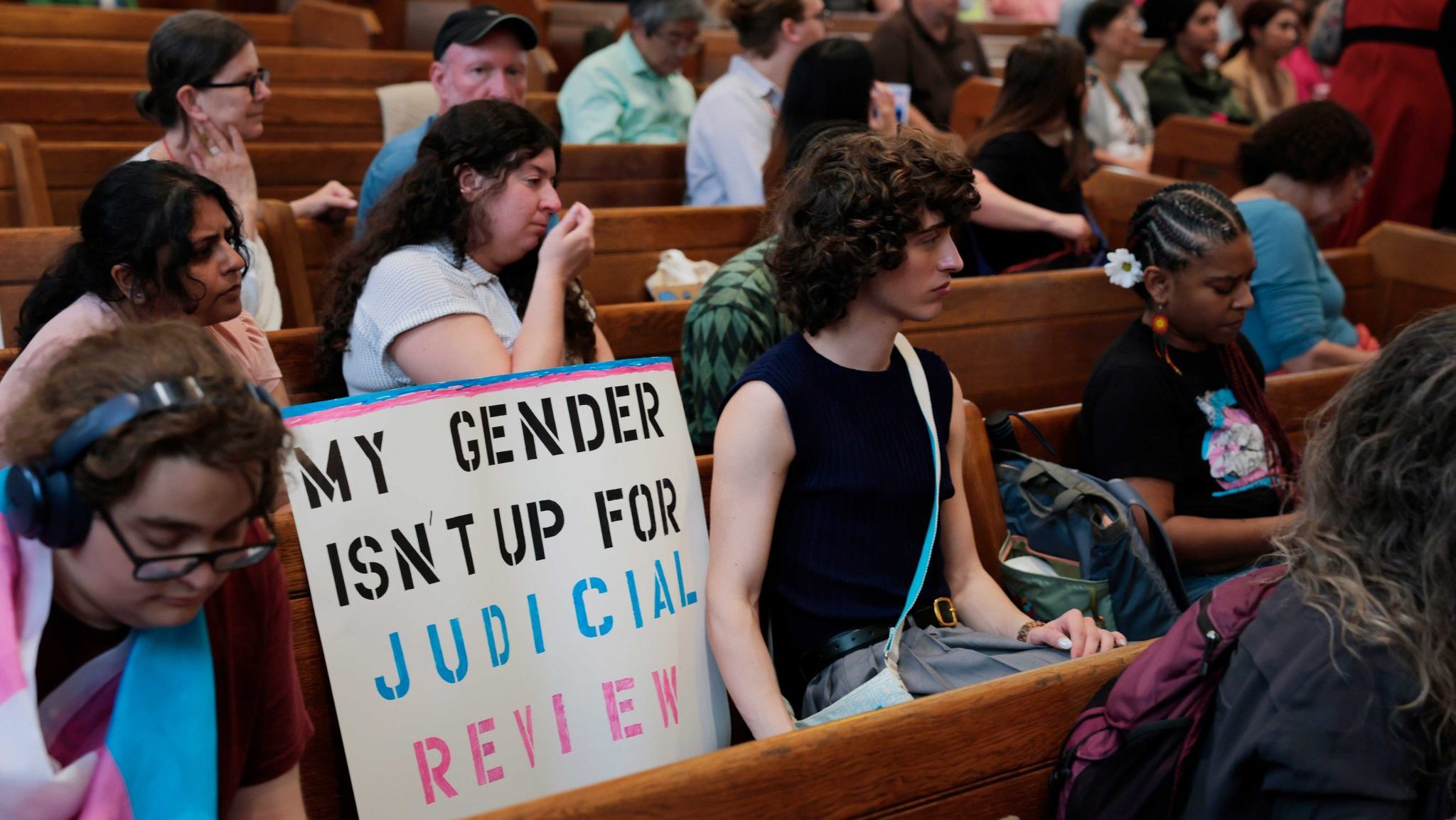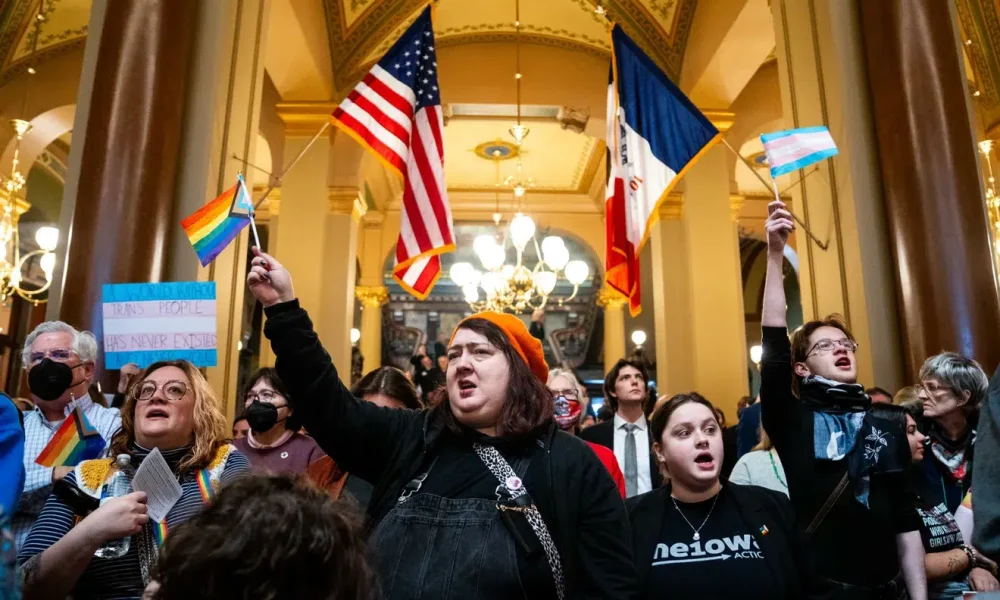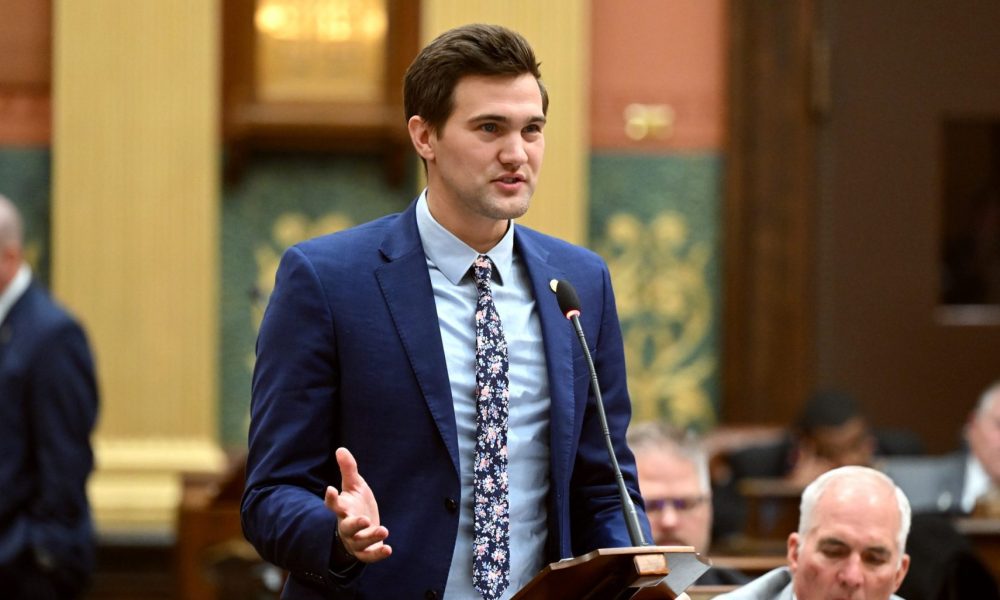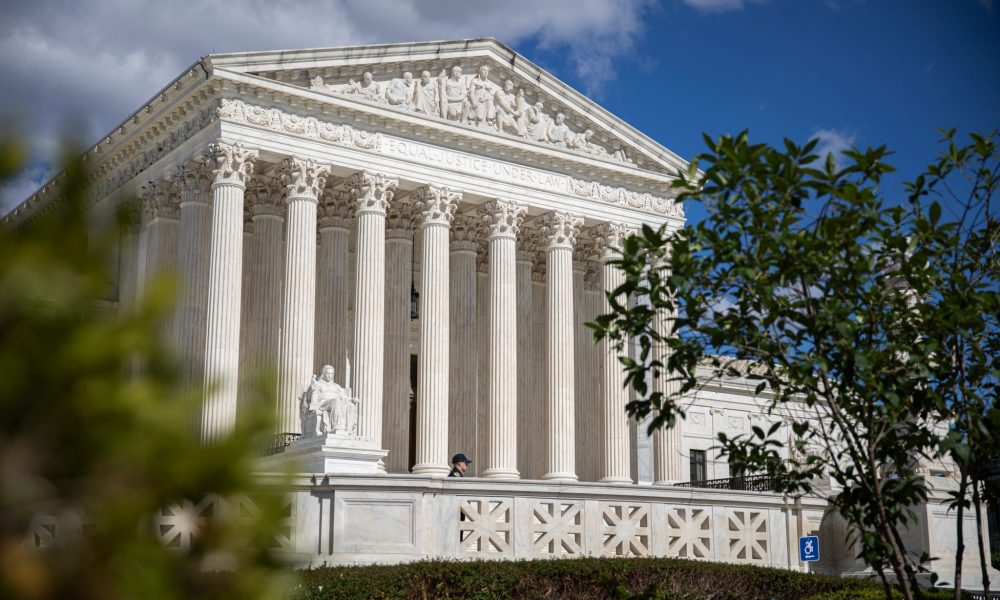In a landmark decision on Friday, the Supreme Court upheld no-cost preventive health care coverage under the Affordable Care Act (ACA), ensuring medications like PrEP remain accessible, and free, to millions, including LGBTQ+ communities who rely on it for HIV prevention.
The 6–3 decision in Kennedy v. Braidwood affirms the constitutionality of the U.S. Preventive Services Task Force, the body responsible for recommending what health care services insurers must cover without out-of-pocket costs. Had the court ruled otherwise, access to critical screenings and HIV prevention tools like PrEP could have been severely jeopardized.
What Was at Stake?
The case stemmed from a lawsuit brought by Christian-owned businesses who objected to covering PrEP, the daily pill proven to prevent HIV, on religious grounds. The plaintiffs claimed that the task force’s structure violated the Constitution’s Appointments Clause and that offering PrEP without cost-sharing facilitated what they described as “homosexual behavior.”
Cue the collective eye-roll.
They argued that task force members were improperly appointed and therefore couldn’t constitutionally require health insurers to cover services like PrEP. Lower courts initially sided with the plaintiffs, putting PrEP coverage at risk across the country. But on Friday, the high court reversed those decisions, effectively saying: not so fast.
Writing for the majority, Justice Brett Kavanaugh stated that task force members are “inferior officers” who are properly supervised and appointed under current law. In short: the structure stands, and so do the protections.
MISTR CEO Tristan Schukraft: “This Is a Huge Win”
Among those celebrating the decision is Tristan Schukraft, CEO of MISTR, the largest telehealth provider of free PrEP and HIV care in the United States. MISTR currently serves over half a million users nationwide, including 1 in 5 PrEP users in the country.
In a statement to Gayety, Schukraft applauded the ruling:
“Today’s decision is a major win for everyone who depends on preventive care to stay healthy and HIV-free. At MISTR, we’ve always believed sexual healthcare should be easy, stigma-free, and accessible to all — and this ruling helps protect that vision. Patients will still face challenges accessing care and our commitment doesn’t change: MISTR continues to provide free PrEP, DoxyPEP, STI testing, and HIV care. We handle the insurance, the paperwork, and the barriers — so you don’t have to.”
The ruling allows MISTR and other providers to continue offering zero-cost prevention options, removing one more hurdle between patients and the care they deserve.
ACA’s Preventive Services Live to See Another Day
The Affordable Care Act, passed in 2010, requires insurers and group health plans to provide access to services recommended by the task force without co-pays, deductibles, or other cost-sharing measures. This includes not only PrEP, but also screenings for cervical, colorectal, and lung cancers, as well as diabetes management and medications that reduce heart disease risk.
Advocacy groups warned that a ruling against the task force could have had far-reaching consequences, dissuading people from accessing preventive care due to rising costs, especially LGBTQ+ individuals, who are already disproportionately impacted by systemic barriers in health care.
Strange Bedfellows: Biden and Trump Agreed (Sort Of)
In a rare twist, both the Biden and Trump administrations defended the structure of the task force, albeit for different reasons. Legal wrangling aside, the result means patients won’t lose access to essential services that could catch cancer early or prevent HIV altogether.
While this ruling is cause for celebration, health advocates warn the fight isn’t over. Lawsuits targeting LGBTQ+ access to health care and bodily autonomy continue to flood the courts, and organizations like MISTR remain on the frontlines.
Still, Friday’s decision marks a meaningful, and hard-fought, moment of relief.







